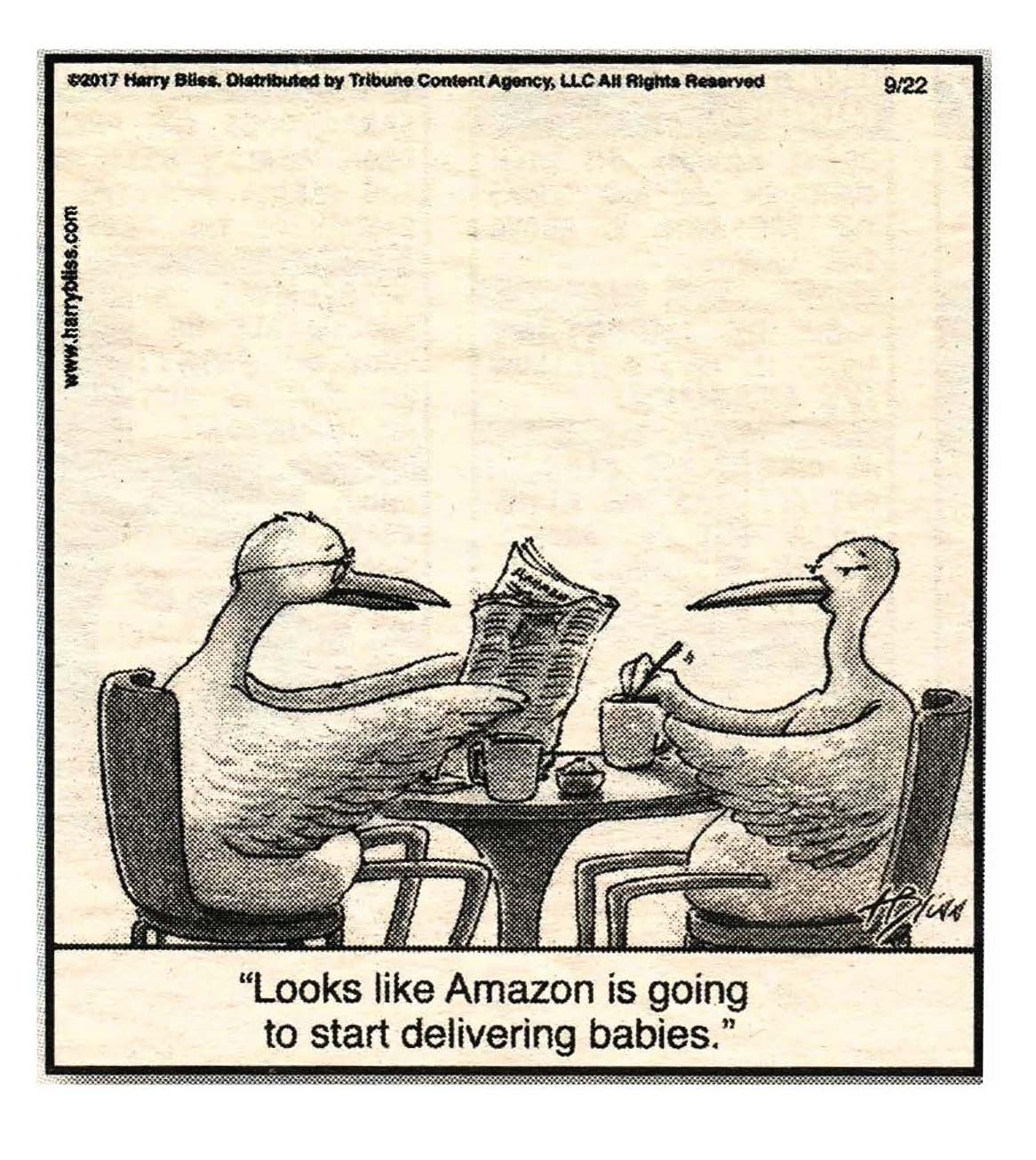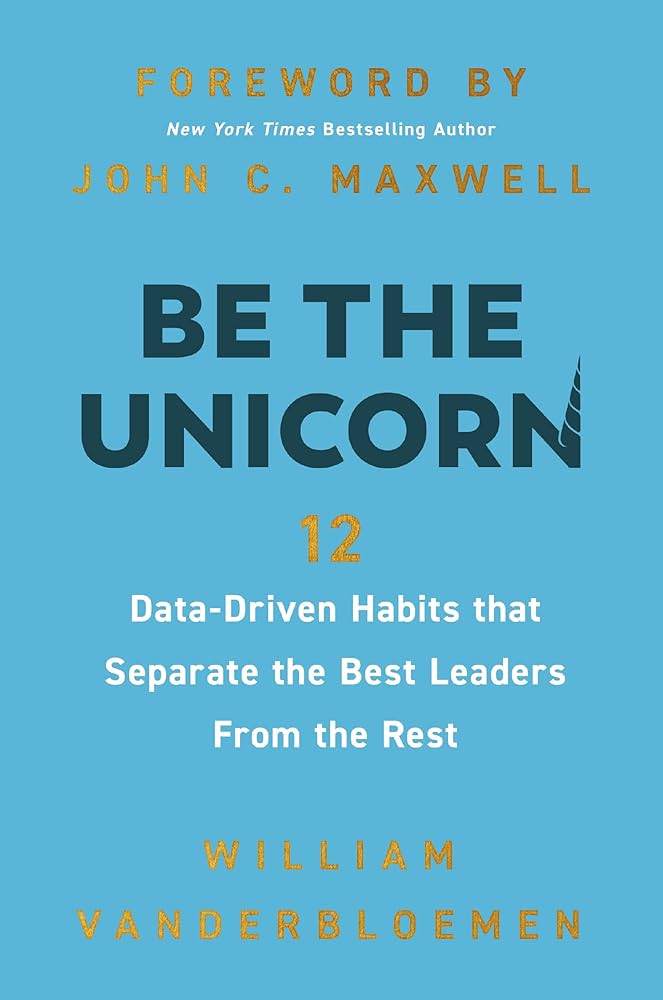
LEARN A LITTLE:
Getting Things Done
Among the most valuable people in any organization are those who get things done—in the agreed to or acceptable manner. It’s amazing how often organizations will turn to an obviously busy employee, in terms of a time crunch or urgent situation, and ask that person to do their magic and get the “job” done.
My purpose in sharing the following blog thoughts is not to argue for a preferred time management system, but rather to share some long-term observations I have made regarding the behavior of those who seem to get more work done than others. I’ve noticed that:
- They plan their day ahead of time and track their accomplishments
- They know how to prioritize their to-do list.
- They have developed positive habits and strategies to minimize distractions, which are perhaps the primary cause of low productivity.
- They have the discipline to set time blocks and work on the task at hand.
- They can always tell you if they are working on the right thing at the right time.
- They have a “bonus time” task list, things that they can accomplish if an unexpected period of time is available during the day
- They use an effective filing and record-keeping system.
- They establish effective operating and managing systems for themselves and for their teams.
- They know the required standards of their work. performance. Everything does not have to be perfect.
- They keep their workspace—desk, table, etc. organized.
- They consolidate meetings when possible.
- They do not have to check their emails or text messages continually since twice a day seems to work well for them.
- They know how and when to ask others for help.
- They know when they need a break and when to shorten an interruption.
- They keep a positive, solution-focused mindset.
- They are leaders willing to be held accountable.
When everything is said and done, effective doers think ahead, follow through and motivate their colleagues toward accomplishing goals.
LAUGH A LITTLE:


REFLECT A LITTLE:

Proverbs 10:17 (NLT)
People who accept discipline are on the pathway to life, but those who ignore correction will go astray.
READ A LITTLE

Be the Unicorn: 12 Data-Driven Habits That Separate the Best Leaders from the Rest
William Vanderbloemen
(HarperCollins Leadership, 2023)
When I hear the word unicorn, my mind conjures up the familiar white horse with a long spiraling horn protruding from its head. After that, I attach the thought to the artwork on an elementary school lunch box. But, in some countries such as Scotland, it’s admired as a symbol of strength and power going all the way back to the 1500s and Celtic mythology. So, I was intrigued when I came across the book, Be the Unicorn, by William Vanderbloemen.
The author contends that there are 12 basic skills that will enable you to excel and emerge as a unicorn. Who knows, there could actually be an essential six or perhaps really 15. In any case, I recommend this book because he identifies skills that can be taught and learned. If incorporated as habits in your life, I believe they will make you more confident and successful.
The truth is that I did not believe in unicorns before reading the book— and I still don’t. However, there is no doubt that some people are more successful than others, and I agree with Vanderbloemen that “It’s human skills that make the difference.” In many important ways, leadership is about people.
Let’s take a brief look at the 12 skill areas.
- The Fast
- “Speed wins.”
- “Response time matters.”
- “Our brains are predisposed to procrastination.”
- “Being fast doesn’t mean saying yes to everything always.” Here’s the important part, “Being fast means discerning quickly—what needs an immediate response and what does not.”
- “The unwillingness to commit, combined with a fear of failure, paralyzes many in positions of leadership.”
- “Thinking is valuable, overthinking is not.”
- The Authentic
- It’s “a lot easier to look better online than you really are.”
- “The keys for authenticity are not the same as the keys for perfection.”
- “When we don’t know a person’s true self, it makes us feel anxious and unsafe.”
- “To be able to acknowledge one’s failing is to be able to grow faster and healthier.”
- The Agile
- An author personal insight, “Every day I am alive, I get less flexible.”
- “No matter what the circumstances, the Agile succeed.”
- “Don’t add waste to projects. Simplify things.”
- “Look at old problems through new lenses.”
- “Problems need to be readdressed every so often.”
- The Solver
- “When faced with challenges, people can either choose to be on the problem side of the equation or the solution side.”
Note: Take a moment to reflect on the above.
- “Rebrand problems as possibilities.”
- “A solving mentality” will help you succeed.
- “Focus on the next step or the solution to get things done.”
- “Being solution focused is a mindset.”
- “Anyone can analyze what’s wrong.”
- “Never say ‘I” when you could say ‘we’.”
- The Anticipator
- “Anticipation is when a leader can see one or two feet in front of them, one or two feet farther than the rest of the crowd.”
- “Spend extra time before any event preparing potential “back up”. “
- “Imagine possible outcomes from your circumstances as often as you can.”
- The Prepared
- “Think things out beforehand.”
- “Luck happens to the prepared.”
- “Preparation saves everyone’s time.”
- “Never assume that you have all the information you will need.”
- “Never stop preparing.”
- The Self-Aware
- “I was in so far over my head. I didn’t know all the things I didn’t know.” -Author personal observation
- “Being self-aware is knowing all about you while knowing that it’s not all about you.”
- “Self-awareness is a pact we make with ourselves to be better for others.”
- “When you know your limits, you know how to push them.”
- The Curious
- “Science is curiosity in action.”
- “When challenges come up, practice asking questions before throwing out solutions.”
- “Curiosity breeds empathy and humility, two traits that make a good leader.”
- “Staying curious is an action, not a position.”
- The Connected
- “Connections are king, especially when it comes to getting ahead. Think of connections as relationships you can build from anywhere.”
- “If you don’t ask, the answer will always be no.”
- “Staying connected is where you become invaluable.”
- “Knowing whom you can learn from is important.”
- “Life isn’t a straight line. It’s a spiral.”
- The Likable
- Two interesting things from research-
- “Feelings act as a gatekeeper; if you don’t like a person, they won’t have the chance to show their competency.”
- “What little competency a person has will be maximized if they’re liked; likability trumps competency almost every time.”
- “Being likeable isn’t the same as being a people pleaser.”
- “For the Likeable, knowing when not to talk is just as important as knowing when to talk.”
- Two interesting things from research-
- The Productive
- “More time gets wasted than ever in the workplace. When a productive person shows up to a job or task, they shine brighter than ever”
- “Why aren’t we superproducers? The short answer is that we have too many distractions.”
- “Value outcomes over output.”
- “Have daily, achievable goals.”
- The Purpose Driven
- “Developing your sense of ‘why’ will accelerate the ‘what’ that you do.”
- “Goals add up to more than the sum of their parts.”
- “Purpose revitalize”
- “It’s hard to become purpose driven externally. It’s actually impossible. Purpose comes from within.”


